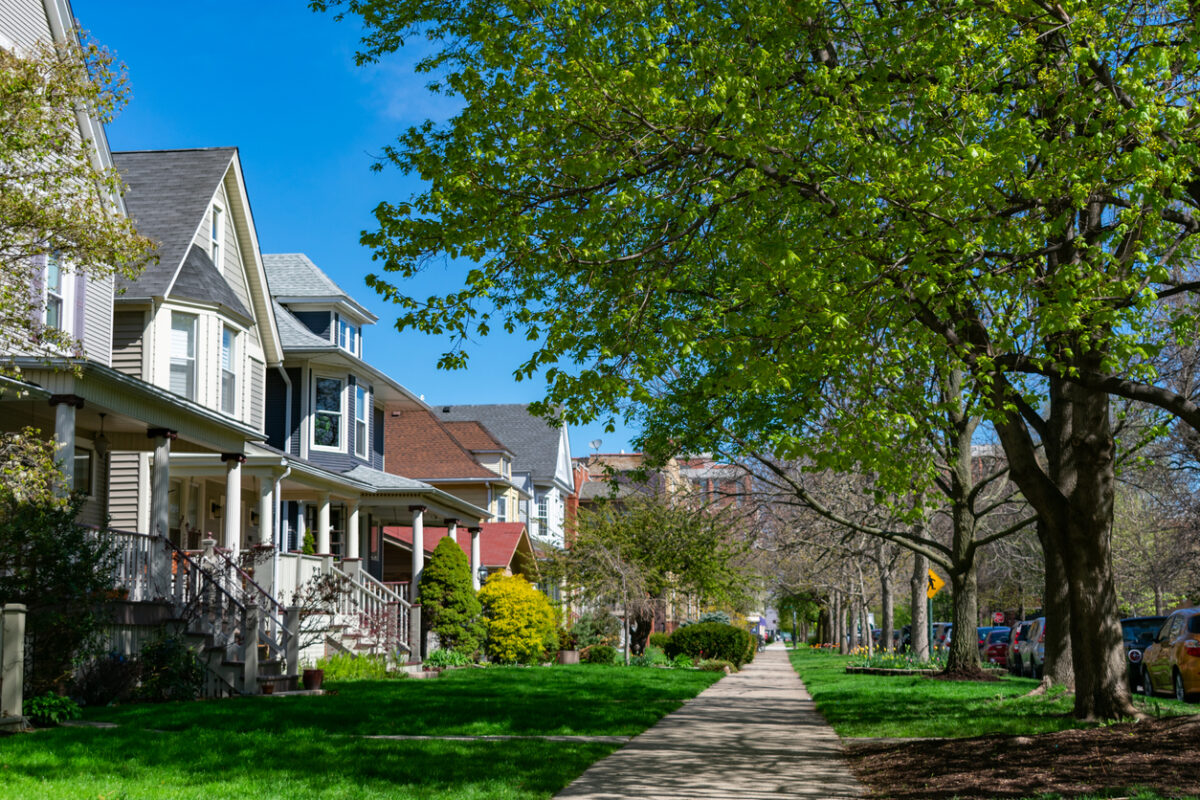Negotiation in Real Estate

The negotiation stage is a pivotal point in any real estate transaction, as it plays a significant role in determining the outcome of the deal. No matter if you’re buying or selling a property — understanding the nuances of real estate negotiation is crucial for securing the best terms, prices, and conditions. In this comprehensive […]
Seasonality in the Ottawa Real Estate Market

Like the changing seasons, the real estate landscape experiences shifts and transitions, each holding a unique influence on buying and selling patterns. Seasonality is more than just a climatic phenomenon — it’s a critical factor that both buyers and sellers will need to consider in order to navigate the real estate journey with strategy and […]
The Seasons and the Ottawa Real Estate Market

The Seasons and the Ottawa Real Estate Market Like the changing seasons, the real estate landscape experiences shifts and transitions, each holding a unique influence on buying and selling patterns. Seasonality is more than just a climatic phenomenon — it’s a critical factor that both buyers and sellers will need to consider in order […]
Great Renovations & Updates for Your New Home

Great Renovations & Updates for Your New Home Congratulations on moving into your new home! Now for the best part — adding your own personal touch. With a dash of creativity and some careful planning, you can transform your space into a haven that perfectly reflects your distinct sense of style. In this […]
Retirement Home Buyer’s Checklist

Retirement Home Buyer’s Checklist Congratulations on retirement! It’s truly a momentous occasion when you’re able to hang up your hat and look back at your professional career as an accomplishment. You’ve earned the years of leisure to come, and you deserve a home that will grant you the utmost comfort and fulfillment in this […]
Make Your Home Blossom: Decor Tips

Make Your Home Blossom: Decor Tips Springtime is renowned for new beginnings and fresh starts. As the winter months come to an end and the days get longer, many homeowners start thinking about new ways to freshen up their living spaces. Spring is the season of renewal, and what better way to embrace it […]
Should you build, or should you buy?

Should you build, or should you buy? As a buyer, deciding between building a new home and buying an existing one is a choice that requires consideration. Both options have their own set of advantages and disadvantages which can greatly impact your lifestyle, budget and long-term goals moving forward. In this blog, we’ll delve […]
Preparing your Home for Sale

Preparing your Home for Sale Getting your home ready to hit the market is a critical step in a successful sale. You want to make sure that you’re putting your best foot forward. In this blog, we’re going to cover a few quick tips and tricks to make sure your house is one to […]
The Dos and Don’ts of Home Staging

The Dos and Don’ts of Home Staging Staging your home involves a lot of planning and preparation. After all, you want to make sure your home is as appealing as possible to prospective buyers, both online and in person. Luckily, there are quite a few tips, tricks and best practices that can help you […]
Beyond the Sign: Royal LePage Team Realty pledges $20,000 to match donations to Harmony House

Everyone deserves to live without the fear of violence. For women and their kids who are trying to leave an abusive home and start fresh, the transition can be incredibly difficult. Here in Ottawa, there are a number of shelters that help, including Harmony House. Harmony House is Ottawa’s only transitional 2nd stage shelter for women […]